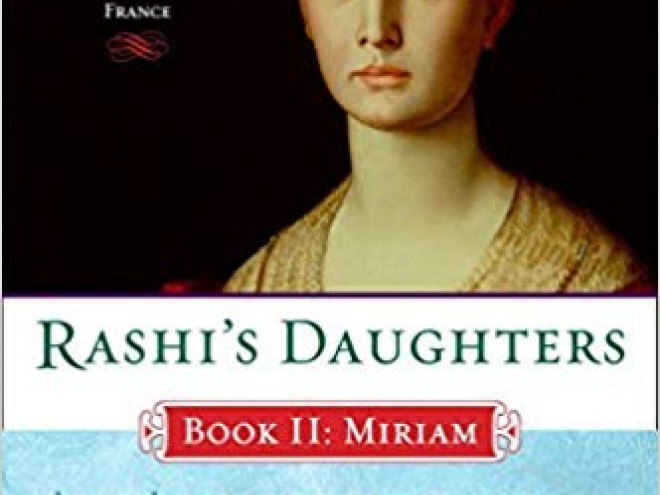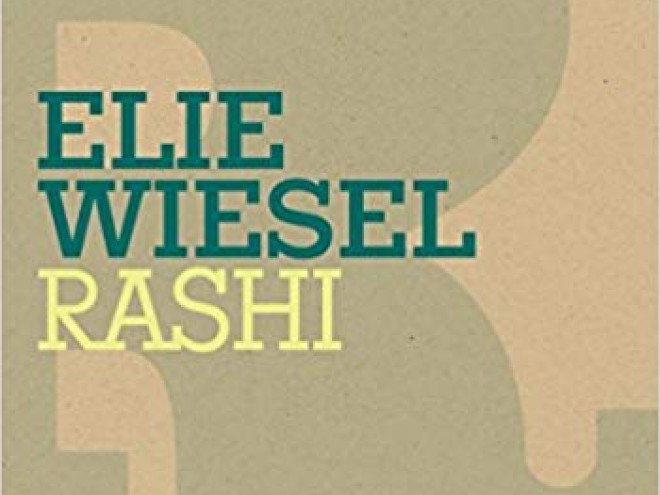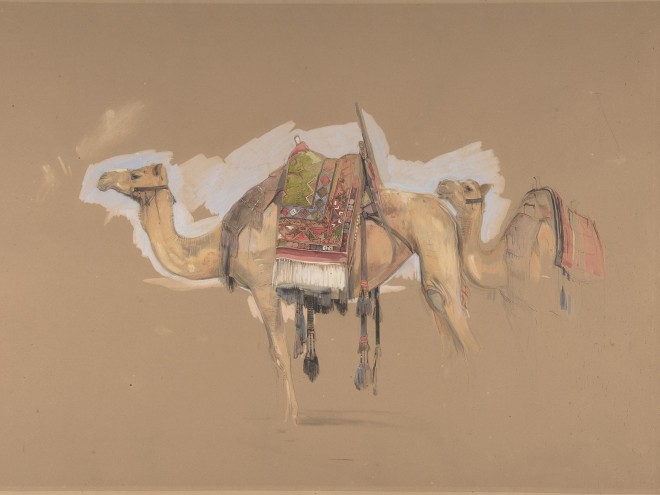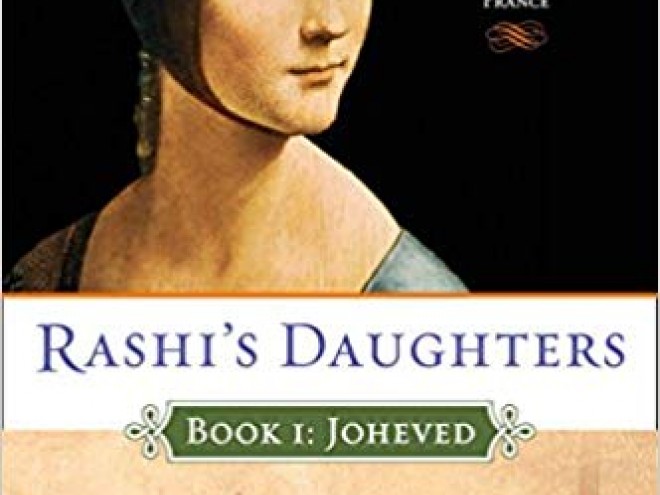To “host” Maggie at your next book club meeting, request her through JBC Live Chat.
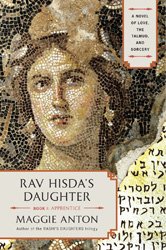 I was inspired to write about Rav Hisda’s daughter by a small section of Talmud. She is approximately nine years old and sitting in her father’s classroom when he calls up his two best students and asks her, “Whom do you want to marry?” Astonishingly she replies, “Both of them.” Immediately, the younger of the two says, “I’ll be the last one.” And that, the Talmud tells us, is what happened. She marries the older student and is widowed, followed by the younger.
I was inspired to write about Rav Hisda’s daughter by a small section of Talmud. She is approximately nine years old and sitting in her father’s classroom when he calls up his two best students and asks her, “Whom do you want to marry?” Astonishingly she replies, “Both of them.” Immediately, the younger of the two says, “I’ll be the last one.” And that, the Talmud tells us, is what happened. She marries the older student and is widowed, followed by the younger.
Understandably, I was impressed. I knew if anyone were going to write this girl’s story, it would be me.
Once I decided to write about Rav Hisda’s daughter (that’s what the Talmud calls her), I confronted the problem of finding a name for her. I couldn’t use one from the Talmud since those belonged to other women. What I needed to name my heroine, and various female secondary characters, was a primary source of Jewish women’s names from 3rd-4th century Babylonia. Not that I had hopes of finding such a thing.
To my surprise, I discovered something called Babylonian incantation bowls, amulets consisting of magic spells written on common pottery, then buried under a client’s house. Particular to the Talmudic period, thousands have been unearthed in modern Iraq. The texts are clearly Jewish: Aramaic written in Hebrew letters, they call upon Jewish angels, use Jewish names for God, and quote Torah. The vast majority are written for protection from illness and other misfortunes caused by demons, curses, and the Evil Eye.
What excited me was that the incantations included the names of the clients, and their mothers’ names. Many were published, providing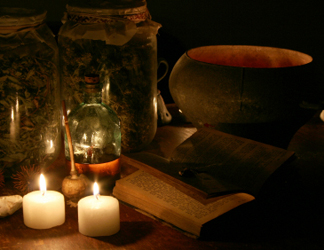 me with hundreds of authentic Jewish women’s names from the exact time and place I needed. So I wondered what the Talmud had to say about them, and about demons and magic in general. Amazingly, this was quite a lot.
me with hundreds of authentic Jewish women’s names from the exact time and place I needed. So I wondered what the Talmud had to say about them, and about demons and magic in general. Amazingly, this was quite a lot.
Rabbis, including Rav Hisda, cast spells, but the Talmud is adamant that sorcery is the province of women. Not evil witches, but professional amulet scribes and healers. In one case a rabbi consults the head sorceress, indicating a hierarchy and organization. The Talmud instructs us how to find an expert sorceress and how to know if her spells are proven. I learned that Rav Hisda’s daughter herself knew enough magic to protect her husband from demons in the privy.
Which meant that my heroine was a sorceress, perhaps one who inscribed incantations bowls – since what Jewish women except those from rabbinic families would be so educated and literate? Since I had to start this novel when she was a child, to include that scene with the two students, then I would have to show how she became a sorceress and what they did.
So my book got a new, unexpected, subtitle: A Novel of Love, the Talmud and Sorcery. And I became an expert on ancient Jewish magic, a subject I didn’t know existed before.
Want authentic snacks to eat at your book club meeting? Try dried fruits such as apricots, peaches, figs and dates (of course), as well as nuts like almonds and pistachios.Maggie Anton is an award-winning author of historical fiction, as well as a Talmud scholar with expertise in Jewish women’s history. Intrigued that the great Jewish scholar Rashi had no sons, only daughters, she researched the family and their community. Thus the award-winning trilogy, Rashi’s Daughters, was born. Since 2005, Anton has lectured about the research behind her seven books at hundreds of venues throughout North America, Europe and Israel.
